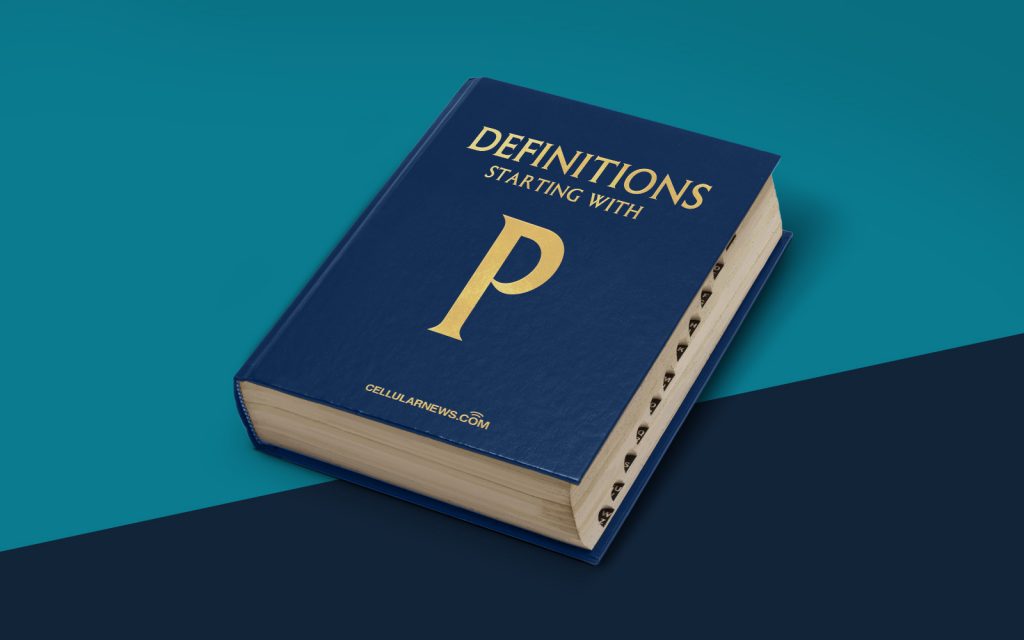
What is a Platform?
Have you ever wondered what exactly is meant by the term “platform”? In today’s digital age, the word platform is thrown around quite often, but its true meaning might still be a bit vague to some. In this blog post, we will explore the definition of a platform and how it relates to the online world. So, let’s dive in!
Key Takeaways:
- A platform is a digital tool or service that facilitates the exchange of goods, services, or information between different users or participants.
- Platforms typically provide the infrastructure, rules, and tools necessary for users to interact and transact with each other.
Defining a Platform
When we talk about a platform, we are referring to a digital tool or service that acts as an intermediary, connecting different users or participants and enabling them to exchange goods, services, or information. Platforms come in various forms and can cater to different needs, whether it’s an online marketplace, a social media network, or a software ecosystem. They provide the infrastructure, rules, and tools necessary for users to interact and transact with each other.
Platforms can be classified into two main types:
- Multi-sided Platforms: These platforms facilitate interactions between multiple parties, such as buyers and sellers, content creators and consumers, or service providers and users. Examples of multi-sided platforms include popular marketplaces like Amazon, Airbnb, and Uber.
- Single-sided Platforms: These platforms cater to a single group of users or participants and primarily focus on providing a service or tool. Social media networks like Facebook and LinkedIn are examples of single-sided platforms, where the users are both the producers and consumers of content.
Platforms have become essential components of the digital economy, allowing for the efficient and scalable exchange of goods, services, and information. They have revolutionized industries, disrupted traditional business models, and empowered individuals and businesses to connect and thrive in new ways.
Key Benefits of Platforms
So, why are platforms so popular and widely used? Here are some key benefits they offer:
- Broad Reach: Platforms can provide access to a large and diverse user base, giving participants the opportunity to connect with a wide range of potential customers, clients, or collaborators.
- Reduced Transaction Costs: Platforms streamline the process of searching, matching, and executing transactions, reducing costs and friction for users. They eliminate the need for extensive marketing efforts, physical storefronts, or complex logistical arrangements.
- Trust and Reputation: Many platforms incorporate reputation systems and user reviews, fostering trust between participants. This enables users to make informed decisions and engage in transactions with confidence.
- Flexibility and Innovation: Platforms often provide tools and APIs (Application Programming Interfaces) that allow third-party developers to build on top of the platform. This encourages innovation and enables the creation of new products, services, or applications.
In conclusion, a platform is a digital tool or service that facilitates the exchange of goods, services, or information between different users or participants. These platforms provide the infrastructure, rules, and tools necessary for users to interact and transact with each other. Whether you are a buyer, seller, content creator, or service provider, platforms offer numerous benefits that can help you reach a wider audience, reduce costs, build trust, and foster innovation. So, embrace the power of platforms and leverage their capabilities to propel your online endeavors forward.
